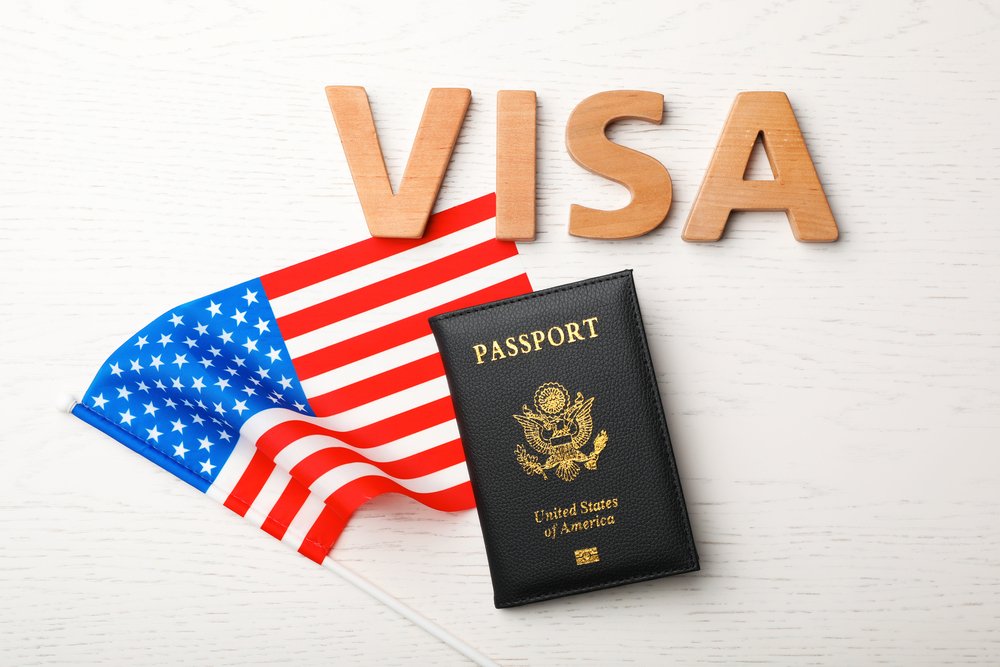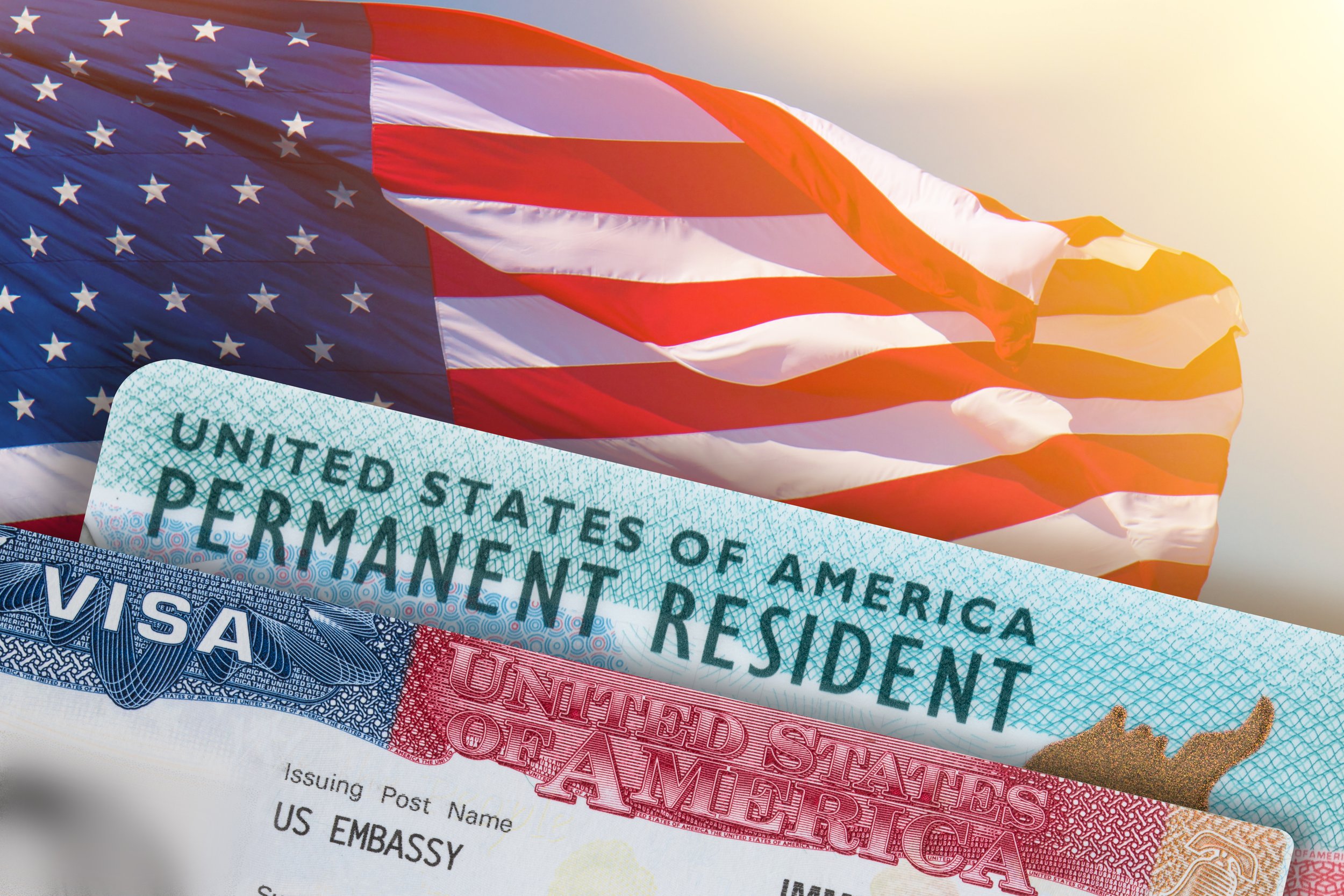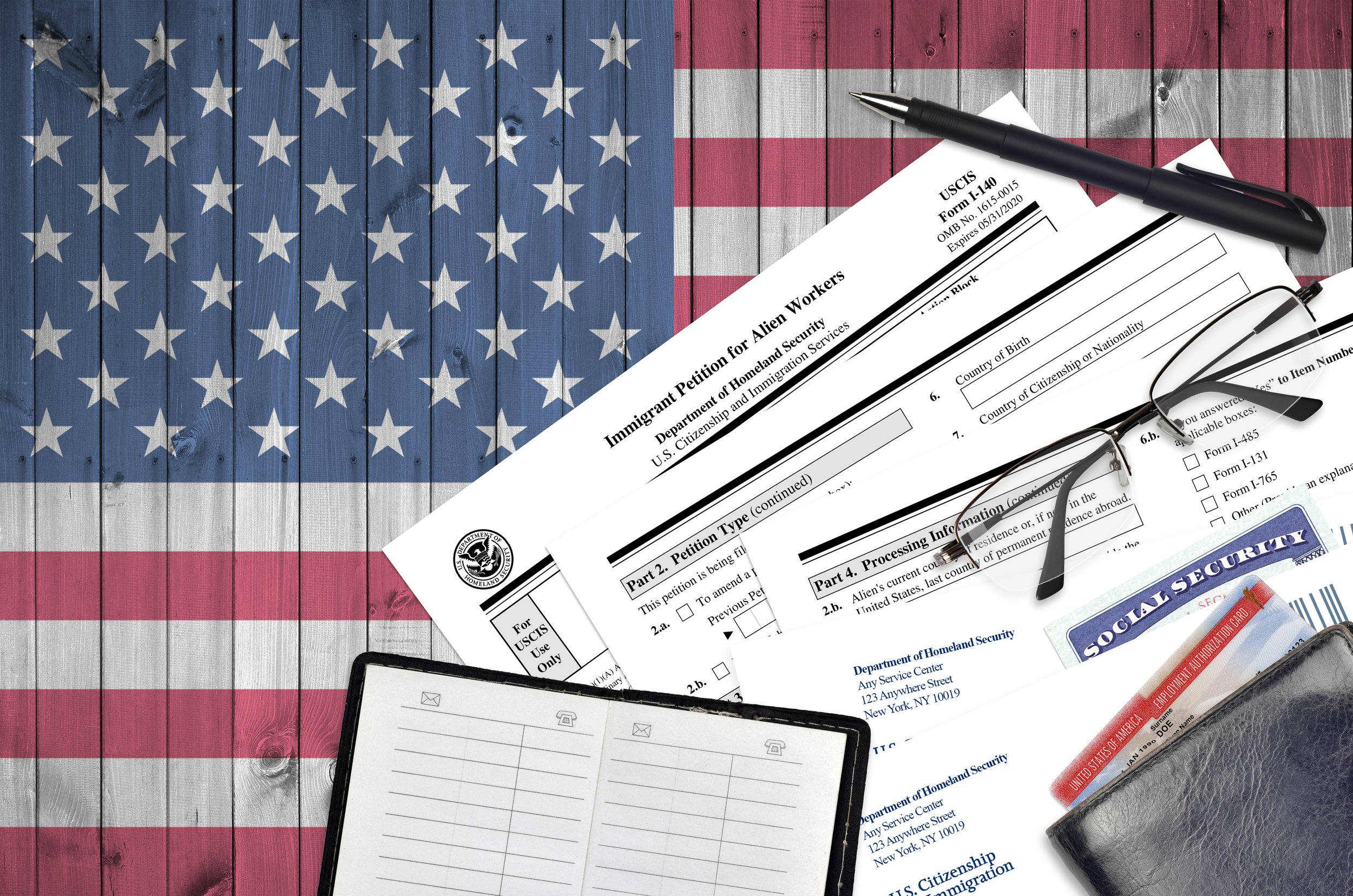O-1 visa applications present opportunities for the exceptionally talented. The United States opens its doors to experts in STEM—science, technology, engineering, and math. These talented individuals drive innovation. The O-1 visa's strict criteria are reserved for the best and brightest. The process demands precision and attention to legal nuances that can be daunting.
Amid the vast expanse of opportunity lies Fraser Immigration Law, PLLC, a place of hope for those pursuing American dreams. Specializing in cutting a clear path through the complexity of immigration law, this Miami-based immigration law firm blends expertise with personal dedication. Every client's goal becomes a shared mission.
Imagine a legal partner who not only understands the value of your professional endeavors but also foresees the challenges of immigration processes and proactively crafts a winning strategy. That's the essence of the service at Fraser Immigration Law, PLLC. Shaune D. Fraser is more than just an attorney; he’s an architect of futures, your advocates in the high-stakes world of employment-based Visas and Green Card applications.
Gathering Required Documentation for the O-1 Visa Application
Preparing a successful O-1 visa application starts with collecting the right documents. This step is vital, as a poorly documented application can lead to delays or denials later in the process. The first set of documents to focus on are those that showcase your extraordinary ability. These can include published papers, patent registrations, proof of high salary relative to peers, or recognition like awards or prizes from professional groups.
Next, gather evidence of your roles and duties in your current or previous jobs that required your unique skills. This can include employment contracts, written testimonials, or performance reviews. Have your educational credentials on hand, too— degrees, diplomas, or certificates. These documents validate your professional background and give weight to your application.
Drafting the O-1 Visa Petition Letter
A well-crafted petition letter for an O-1 visa application is the bedrock of your case. This is where you tell your story. The focus should be on your accomplishments, the impact of your work, and your professional goals in the United States. The style should be coherent and lucid— the goal is to be persuasive, highlighting why you should be considered a professional with extraordinary skills.
The tone should be balanced. Stress on points in your favor, but avoid overt self-praise. Engage the reader's interest by linking your achievements to your future aspirations in the United States. Show that granting you an O-1 visa benefits not just you but also your field, your peers, and potentially, the outer world.
Preparing and Organizing Your Portfolio of Evidence
As you stand on the brink of applying for an O-1 visa, your portfolio of evidence forms the core of your application. It’s not just about presenting your achievements; it’s about weaving a coherent narrative that details your professional journey. This portfolio should demonstrate your extraordinary ability through accolades, high-level endorsements, breakout performances or contributions, and significant industry advancements attributed to your work. Gathering and organizing this evidence requires meticulous attention to ensure each document tells a piece of your larger story.
First, consider the legal criteria for O-1 visa approval and categorize your evidence accordingly. This may include awards of distinction, leading roles in projects, media articles about your work, or a high salary indicative of your extraordinary ability. Keep in mind that the quality of evidence often outweighs the quantity. An award from a prestigious institution or a key publication in a top-tier journal speaks volumes about your professional stature.
Second, organize your evidence in an easily navigable manner. Imagine the immigration officer reviewing your case. They’re looking at dozens of applications a day, so your evidence must catch their attention and be easy to assess. Use a well-structured index and tabs, and consider including a cover letter that guides the reviewer through your portfolio, highlighting the critical points in your narrative.
Submitting the O-1 Visa Application to USCIS
Now, it's time to place your carefully prepared evidence into the hands of the U.S. Citizenship and Immigration Services (USCIS). Submission of the O-1 visa application is the turning point where your work is evaluated to determine your eligibility to work in the U.S. under extraordinary ability status. Thus, ensuring the documentation is flawless and complete is paramount.
The submission process involves completing Form I-129, the petition for a nonimmigrant worker, accompanied by the fee, your portfolio of evidence, and all additional forms and letters required for the O-1 visa. Each piece of paper should reflect your brand and echo your professional excellence. It might be wise to have an attorney review your materials before you submit them, as they can flag any issues that could delay or undermine your application.
Navigating the USCIS Processing and Timeline for O-1 Visa
After submission, the journey of your O-1 visa application is in the hands of USCIS, and the waiting game begins. An initial acknowledgment receipt from USCIS indicates that they have started processing your application. From here on, patience and a proactive attitude are your best friends. Typical processing times can vary widely based on several factors, including the volume of applications received and the complexities of individual cases.
It's worth noting that USCIS offers a Premium Processing Service for an additional fee, which guarantees a response within 15 calendar days. This can be an attractive option for those under time constraints.
Preparing for the O-1 Visa Interview at a U.S. Embassy or Consulate
An invite for an interview at a U.S. embassy or consulate is a clear sign your O-1 visa application is moving forward. This is your moment to provide the human touch to the application you’ve meticulously compiled. Interviews can be brief, so making a favorable impression right off the bat is vital. You should go into the interview ready to succinctly articulate your professional objectives and the value you bring to your field.
The preparation phase involves two main fronts: understanding what consular officers are looking for and being ready to show it to them. Officers will want to confirm the details of your application and ensure your intentions align with visa regulations. Rehearse concise and clear answers about your work, what you plan to do in the U.S., and how you qualify for the O-1 visa.
Managing the Post-interview Process and Visa Approval
With the interview complete, you'll enter the next wait phase as the embassy or consulate processes your visa. The consulate will inform you of their decision once they've reviewed your case post-interview. If you're approved, they'll usually take your passport to issue the visa. Processing times post-interview can vary, and it's often a good idea before the interview to ask for a rough timeline of when you can expect an answer.
On getting a green light, you’ll be instructed on how to get your passport back with the visa inside. Sometimes, this will be by mail, or you might need to pick it up at the consulate or a designated location. With the visa in hand, you can now finalize your travel arrangements. But until you physically have the visa, refrain from making non-refundable travel arrangements, as possible delays can occur.
Arriving in the U.S. and Maintaining O-1 Visa Status
Maintaining your status starts the moment you set foot on U.S. soil. You’re obligated to begin your work promptly and adhere to the conditions outlined in your visa. While an O-1 visa allows for certain flexibilities, like working on multiple projects, each must have been documented and approved in your initial application.
Begin Your Journey to Success
It's time to rise. Launch your O-1 visa application with someone that appreciates the gravity of your ambitions. Consult with Fraser Immigration Law, PLLC, today.


















